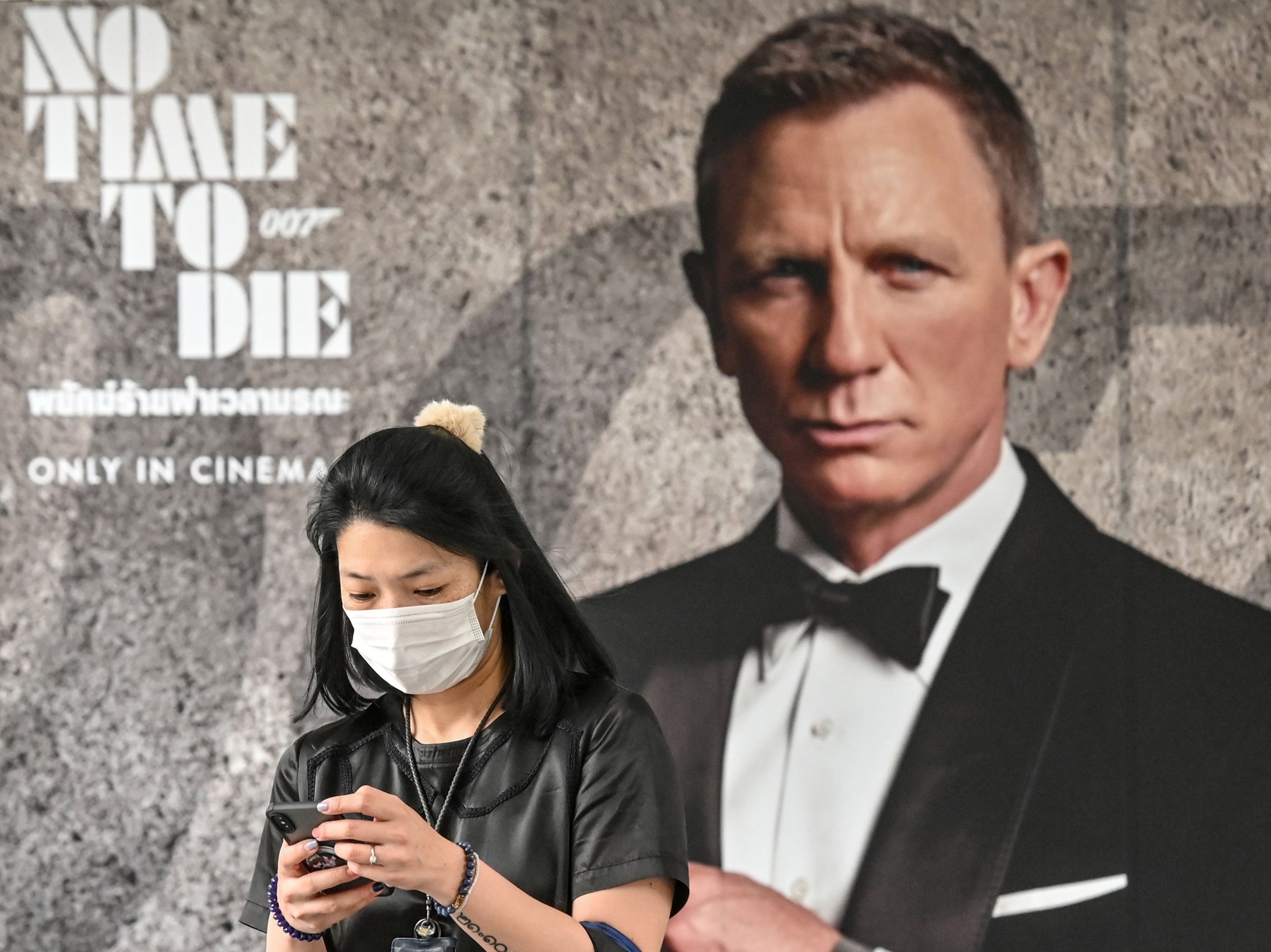Businesses will pay a price for Covid-19 even if panic dies down
The effects are already being felt and there may be worse on the way, James Moore says


Covid-19 is already having a far-reaching impact on a myriad of businesses even though the number of confirmed cases has yet to reach four figures on these shores
Last week was yet another a tough one for the already beleaguered retail sector.
Intu, the owner of Britain’s biggest shopping centres, abandoned its £1.5bn cash call after shareholders baulked. The company cited “extreme market conditions”. Anyone who’s been watching the FTSE 100’s gyrations will know what’s caused those.
Boss Matthew Roberts said that he is now going to explore “alternative options”. With a mountain of debt to deal with, and premises going unlet, it will be interesting indeed to see how those shake out.
Then there was the John Lewis Partnership, with its third consecutive year of falling profits and lowest bonus payment to staff members (who own the business) since 1953. Store closures are expected and maybe job losses too.
What could exacerbate the woes of those two businesses and others is this: it wouldn’t take all that many people changing their behaviour in response to just the perceived threat of the virus to knock their forecasts for six.
It’s not just the high street that has cause to feel fear.
Eon and Universal planned to release No Time to Die – Daniel Craig’s final outing as James Bond – in April. But following “careful consideration and thorough evaluation of the global theatrical marketplace”, it’s now not slated to hit cinemas until November.
With the makers having sunk $250m (£192m) into producing the movie – and the rule of thumb is that you double that to take account of promotion and marketing costs – the estimated $30m hit they will take as a result of the delay could look cheap if people stay home and watch Netflix until the crisis is over. And it should be noted that cinemas have been closed in places like Italy, Japan, South Korea and China.
But it means pitching the film into a crowded field so the coronavirus could yet eclipse Ernst Stavro Blofeld as the deadliest Bond villain in the eyes of makers. Ditto cinema chains nervous about the impact of streaming on their businesses.
Serie A games in Italy are, meanwhile, being played behind closed doors. Everton’s CFO expects the Premier League to follow. In the US, Chicago State University has cancelled basketball games.
Sporting businesses, where TV is the chief driver of revenues, can manage the impact and rely on fans coming back because they’re fans. It could be tougher for those that rely on ticket sales for their livings if cancellations of mass gatherings become commonplace.
Of course, some people will inevitably see all this as overdone and dismiss the “panic”; those who drink their tea in mugs bearing the legend “Keep Calm and Carry On” and pooh-pooh official pronouncements of any stripe.
Some will carry hand sanitiser when they’re out and heed the official advice about hand washing with soap at home.
Some will go further still. Nope, not going shopping. Let’s book a delivery. If we can get one.
Retail would appear to be the sector most at risk from the virus permanently changing the habits of the third group, and perhaps the second, even the first if things get as nasty as some of the predications have suggested, although cinemas clearly have cause for concern too.
When I asked the British Retail Consortium whether there has been an impact on footfall I was told it’s too early to say. The next set of numbers on football will make for unusually interesting reading.
One thing worth pointing out is that even if I’m right, and there is a long-lasting impact on retail from this, it will only be accelerating an existing trend.
As I’ve written in the past, people like Next CEO Simon Wolfson have already been modelling a future without shops.
I suppose this is where you could see something moderately positive emerging from all this.
Boarded-up high streets, where even the betting shops have closed, have become a symbol of a Britain that’s been “left behind”.
The government’s preferred method of treating this economic virus and “levelling up” the nation is to indulge in big splashy projects. Think HS2 or building a ruinously expensive bridge, except now we’re told it’ll be a tunnel (that there’s zero demand for) between Scotland and Northern Ireland.
Are these things going to make the slightest difference to towns to which the prefix “ghost” could easily be added if you were to drive through their centres? Probably not.
Perhaps it might encourage some fresh thinking if the real disease results in the more rapid spread of the economic one, although we shouldn’t get our hopes up.
Join our commenting forum
Join thought-provoking conversations, follow other Independent readers and see their replies
Comments